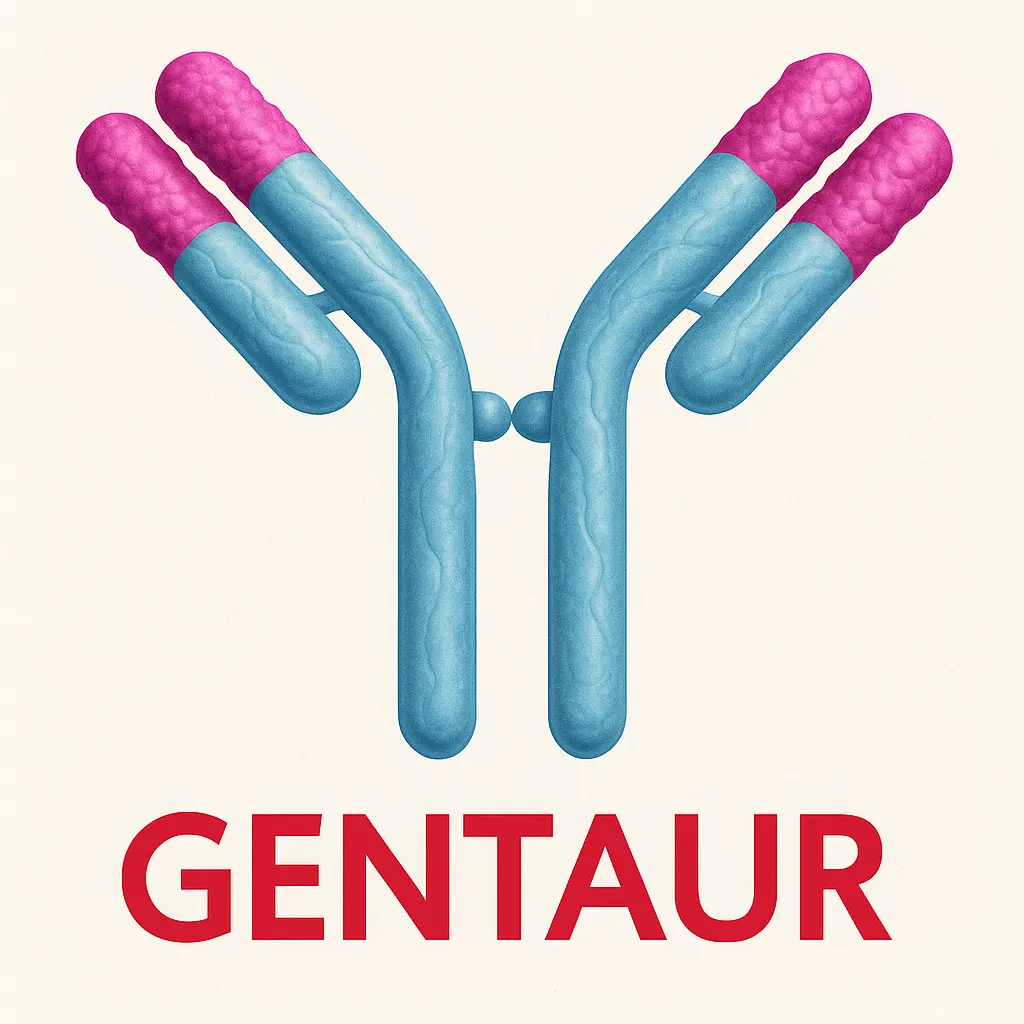ELISA CTSA anti-
Quantity :50µL
Clone Number:
Aliases:beta galactosidase 2 antibody; BETA GALACTOSIDASE PROTECTIVE PROTEIN antibody; beta-galactosidase 2 antibody; beta-galactosidase protective protein antibody; betagalactosidase 2 antibody; Carboxypeptidase C antibody; Carboxypeptidase L antibody; carboxypeptidase Y-like kininase antibody; Cathepsin A antibody; Ctsa antibody; deamidase antibody; EC 3.4.16.5 antibody; Glactosialidosis antibody; GLB2 antibody; Goldberg Syndrome antibody; GSL antibody; lysosomal carboxypeptidase A antibody; Lysosomal protective protein 20 kDa chain antibody; Lysosomal protective protein antibody; Lysosomal protective protein deficiency antibody; NEURAMINIDASE BETA GALACTOSIDASE EXPRESSION; NGBE antibody; Neuraminidase deficiency with beta-galactosidase deficiency antibody; NGBE antibody; OTTHUMP00000031778 antibody; OTTHUMP00000031781 antibody; PPCA antibody; PPCA deficiency antibody; PPGB antibody; PPGB_ antibody; Protective protein cathepsin A antibody; Protective protein for beta galactosidase antibody; Protective protein for beta-galactosidase antibody; Protective protein/cathepsin A deficiency antibody; urinary kininase antibody
Product Type:Polyclonal Antibody
Immunogen Species:Homo sapiens ()
UniProt ID:P10619
Immunogen:Fusion protein of CTSA
Raised in:Rabbit
Reactivity:, Mouse
Tested Applications:ELISA, WB; ELISA:1:1000-1:2000, WB:1:200-1:1000
Background:This gene encodes a glycoprotein which associates with lysosomal enzymes beta-galactosidase and neuraminidase to form a complex of high molecµLar weight mµLtimers. The formation of this complex provides a protective role for stability and activity. Deficiencies in this gene are linked to mµLtiple forms of galactosialidosis. Alternatively spliced transcript variants encoding different isoforms have been found for this gene.
Clonality:Polyclonal
Isotype:IgG
Purification Method:Antigen affinity purification
Conjµgate:Non-conjµgated
Buffer:-20°C, pH7.4 PBS, 0.05% NaN3, 40% Glycerol
Form:Liquid
Stroage:Upon receipt, store at -20°C or -80°C. Avoid repeated freeze.
Target Names:CTSA
Research Areas:Metabolism;Signal transduction
Our latest content
Check out what's new in our company !
Your Dynamic Snippet will be displayed here... This message is displayed because you did not provide both a filter and a template to use.

